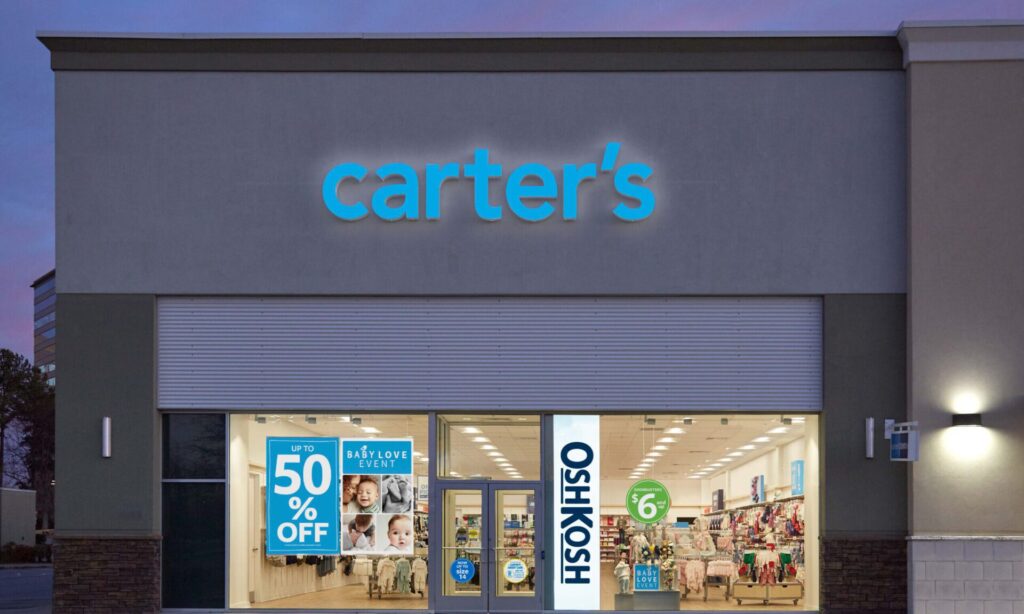
ATLANTA: Carter’s Inc. (NYSE: CRI), North America’s leading apparel company for babies and young children, reported its second-quarter fiscal 2025 results, signaling modest sales growth and strategic investments aimed at long-term recovery, despite a significant dip in profitability and lingering tariff pressures.
Net sales rose 3.7% to $585.3 million from $564.4 million a year earlier, fueled by robust gains in the International segment (+14.1%) and U.S. Retail (+3.2%). Comparable U.S. Retail sales improved by 2.2%, with CEO Douglas C. Palladini pointing to improved store traffic and heightened demand for Carter’s Baby apparel as key drivers.
“Our second quarter sales performance showed stabilization and momentum,” Palladini said. “But I am disappointed in our decline in profitability… impacted by selective pricing investments, store expansions, and normalized compensation.”
Operating income dropped nearly 90% to $4.0 million from $39.5 million, with the operating margin contracting sharply to 0.7%. Adjusted operating income fell 70.2% to $11.8 million, while net income stood at just $0.4 million, or $0.01 per diluted share — down from $27.6 million, or $0.76 per share, last year.
In the first half of 2025, net sales were $1.22 billion, down 0.9% year-over-year. U.S. Wholesale and Retail segments declined, while International grew 4.1%. Currency fluctuations negatively impacted total sales by $9.5 million. Operating income declined 68.1% to $30.1 million, and adjusted net income fell to $30.1 million from $65.7 million a year earlier.
Carter’s also warned about potential fallout from proposed new U.S. import tariffs. If implemented, these duties could cost the company up to $150 million annually. For the second half of 2025, an estimated $35 million pre-tax earnings impact is anticipated.
“Our return to growth,” Palladini said, “will be fueled by a commitment to serve a new generation of families with high-quality, modern design, and exceptional value.”
Carter’s Board paid $38.1 million in cash dividends during the first half but did not repurchase shares. Due to leadership changes and tariff uncertainties, the company suspended its fiscal 2025 outlook.